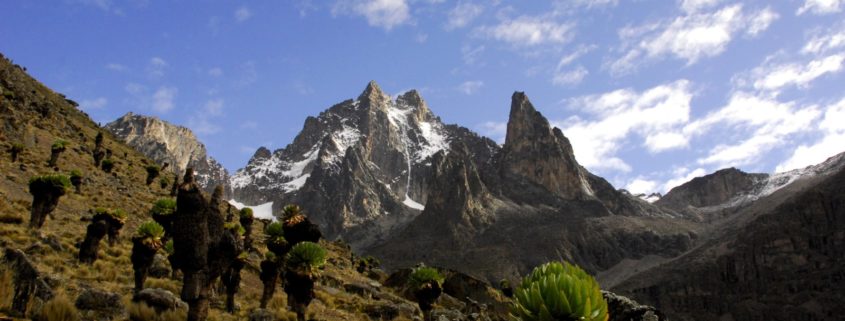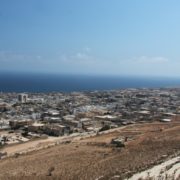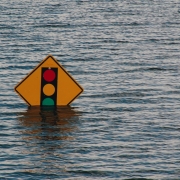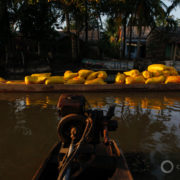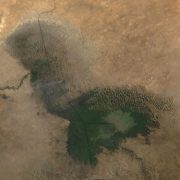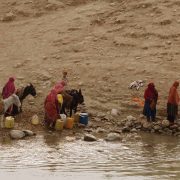HotSpots H2O, August 8: Shrinking Mount Kenya Glaciers Cause Tribal Strife
The Global Rundown
Melting glaciers on Mount Kenya are causing conflict among tribes surrounding the mountain. Aid agencies struggle to provide food and water to South Sudanese refugees arriving in Uganda. Thousands lack clean drinking water and adequate sanitation in Syria’s IDP camps. The Palestinian Authority’s President Mahmoud Abbas threatens to further jeopardize the Gaza Strip’s power supply. Hidden IEDs in Marawi, Philippines are forcing residents to remain in camps outside the city.
“We simply cannot cover everyone’s basic needs, such as food and water. This is Africa’s biggest refugee crisis and the international community is yet to respond with enough urgency.” –Dorothy Sang, Oxfam representative, in reference to the thousands of South Sudanese fleeing to Uganda. Nearly 1 million refugees have arrived in Uganda over the course of South Sudan’s four-year civil war. ITV
By The Numbers
1,100 Number of temporary homes that are being constructed outside Marawi City, Philippines. Improvised explosive devices (IEDs) are still scattered throughout the city in the wake of fighting between IS and the Filipino government, preventing the safe return of residents. A government spokesman reported that the shelters will be equipped with basic amenities such as water utilities. Manila Bulletin
21,000 Number of refugees living in Arishah camp, one of many makeshift tent cities that has popped up in the Syrian countryside as people flee war zones in Syria and nearby Iraq. Most in the camps do not have clean drinking water or adequate sanitation. Waterborne diseases are also on the rise. Los Angeles Times
Science, Studies, And Reports
A century ago, 18 glaciers covered Mount Kenya’s summit and supplied thousands of villagers with water. Today, only 10 glaciers remain, and the largest has shrunk by 90 percent since 1934. As rivers and streams dry up, the tribal conflict over the remaining water supply intensifies. Climate Change News
On The Radar
Mahmoud Abbas, president of the Palestinian Authority, announced last week that funding to the Gaza Strip will be further reduced. Abbas has continually cut funding since the beginning of the year due to a dispute between the Palestinian Authority and Hamas. The lack of funds has led to severe electricity shortages and resulting water availability problems. Jerusalem Post
Kayla Ritter is a recent graduate of Michigan State University, where she studied International Relations and Teaching English to Speakers of Other Languages. She is currently based in Manton, Michigan. Kayla enjoys running, writing, and traveling. Contact Kayla Ritter

